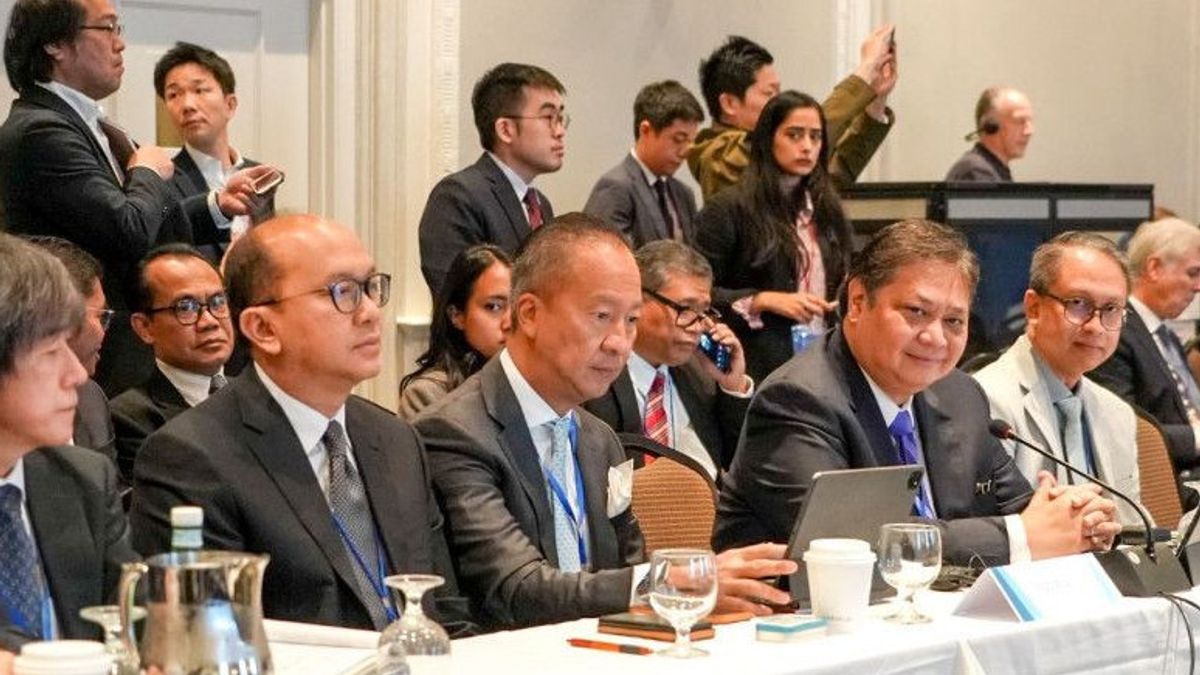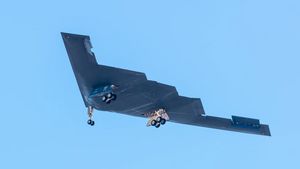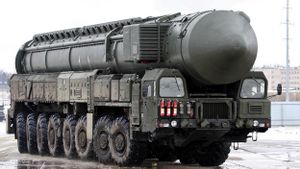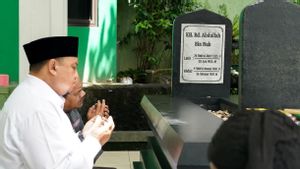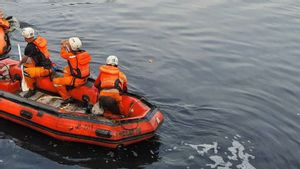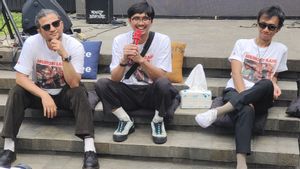JAKARTA A number of countries in the Pillar I Indo-Pacific Economic Framework (IPEF) forum members support the Indonesian government's proposal to discuss critical minerals or critical mineral materials.
"Indonesia is ready to participate in the discussion of Critical Minerals as one of the priority discussions in the IPEF Pillar I," said Coordinating Minister for Economic Affairs Airlangga Hartarto when he was the first speaker after the opening of the IPEF, Detroit USA, Antara, Sunday, May 28.
In a statement from the Coordinating Ministry for the Economy, it was stated that other IPEF member countries also supported the inclusion of critical mineral issues in the discussion of Pilar I. Even the Ministers of the 7 ASEAN angota countries who attended agreed to support Airlangga's proposal.
In addition to being responded positively by 7 ASEAN countries, Indonesia's proposal also received a positive response by Australia.
In the opening of the IPEF, Ambassador Total Tai of the United States Trade of Representative (USTR) hopes that a number of chapters in Pillar I can be agreed upon before the IPEF Leaders Meeting in November 2023.
Some of the Chapters in Pillar I include Trade Facilitation, Technical Assistance and Economic Cooperation, Good Regulatory Practices, and Service Domestic Regulations.
Totaling said that the US wanted to explore critical mineral issues in negotiations in Pillar I I I IPEF, and hoped for the active role of IPEF member countries in the future. Through the IPEF, the US hopes to realize the availability of critical minerals between its member countries.
In discussing this year's IPEF negotiations, critical mineral topics have emerged as one of the main discussions. A number of IPEF member countries currently have an agenda of developing a global supply chain in the Indo-Pacific region, in order to increase economic growth and global energy security.
In addition to critical minerals, Coordinating Minister Airlangga also said that together with ASEAN Member countries that are members of the IPEF, Indonesia will support efforts to increase free and open trade and investment, through the IPEF Cooperation framework.
"As Chair of ASEAN in 2023, Indonesia's mission is to achieve sustainable and inclusive growth in the long term, and the realization of this IPEF will strengthen efforts to achieve this goal," said Airlangga.
IPEF is expected to provide real benefits such as new opportunities for MSMEs, wage increases, and price reductions. Coordinating Minister Airlangga also said that Indonesia has offered the Bali Initiative for Tangible Benefits, which is a joint commitment and initiative of a number of IPEF member countries. This initiative contains practical and concrete steps to build the capabilities needed to realize IPEF.
The Bali Initiative was realized on the sidelines of the second IPEF negotiations in Bali in March 2023, and was jointly compiled by seven IPEF member states namely Brunei, Fiji, Indonesia, Singapore, Thailand, Malaysia and Vietnam. Closed the meeting, the United States Government hopes that legal review of the IPEF Pillar agreement can be completed soon, and the participants can continue to realize a constructive and inclusive negotiation process, as originally intended for IPEF. After the IPEF-Ministerial Conference in Detroit, the agenda for the next IPEF meeting is the fourth round negotiations that will take place in Busan, South Korea, on July 8-15, 2023.
IPEF is a ministerial meeting between 14 countries representing more than 40 percent of the world economy and 28 percent of trade in goods and services globally. There are four main pillars in the IPEF, namely Pillar I Trade (Trad), Pillar II Supply Chain (Supply Chain), Pillar III Clean Economy (Clean Economy), and Pillar IV Adil Economy (Fair Economy).
The English, Chinese, Japanese, Arabic, and French versions are automatically generated by the AI. So there may still be inaccuracies in translating, please always see Indonesian as our main language. (system supported by DigitalSiber.id)
